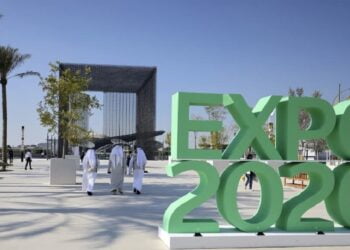Despite disagreements in some elements of the Middle East resistance against the Zionist regime’s fight and on connected matters to regional geopolitics, we have seen a debate regarding the factors that have caused the Islamic Resistance Movement (Hamas) to become more sympathetic to the Islamic Republic of Iran.
The Palestinian liberation movement, according to Hamas, must be the main focus of all groups fighting for equality and freedom. The People’s Mobilization Forces (Kaitab Hezbollah) of Iraq, the Houthis of Yemen, the Palestine Islamic Jihad, the Palestinian Popular Front, and the Polisario Front of Western Sahara are just a few of the groups that make up the so-called Axis of Resistance, which also includes Iran, Syria, the Lebanese Hezbollah, and the People’s Mobilization Forces (Iraq).
Although they are not always evident, the Islamic Republic of Iran’s solidarity, collaboration, and support for the Palestinian resistance have only grown stronger in the midst of the conflict with Zionist colonial occupiers. Hossein Amir Abdollahian, the foreign minister of Iran, called Hamas’ political bureau chief, Ismail Haniyeh, to congratulate the group on its 34th anniversary of establishment, which was observed on December 14. This conversation represented a milestone in the deepening of this connection.
“Today, the resistance plays a significant role in realizing the territorial claims of the Palestinian people,” said Abdollahian, describing Hamas as a forerunner in the liberation of the holy city of Al Quds (Jerusalem). The British government’s decision to label Hamas a “terrorist group,” which was clearly intended to express hostility toward the Palestinian people, was denounced by the Iranian minister.
Haniyeh expressed gratitude and praise for the former Al Quds Force Commander General Qasem Soleimani, who died on 3 January 2020 in a US terrorist strike close to Baghdad International Airport. “We honor General Soleimani’s memory and value Iran’s assistance in supporting Palestinian resistance during the years following the Islamic Revolution’s success.”
Hood Ties
With many Hamas members traveling to Iran for bilateral discussions focused on bolstering and modernizing the military capabilities of the Palestinian resistance, the relationship with Iran has improved. Haniyeh, who referred to General Soleimani as “the martyr of Al Quds,” was the lone non-Iranian speaker during his burial in January 2020.
Hamas’ strategic partnership with Iran has triggered a vitriolic response from other regional players, especially Saudi Arabia, Egypt, and the UAE. Hamas and the Palestinian Authority and Fatah disagree with this partnership because they believe that Hamas should not cooperate with Iran and that geopolitical axes are utterly destructive to the Palestinian people.
Despite its assistance, Iran does not give Hamas a free pass because, despite its symbolic significance, this relationship is complicated due to Iranians’ reservations and worries about Hamas’ relations with Iran and the scope of which its institutions can limit further Iranian influence or the movement’s ultimate reliance on Iran.
In order to reorganize the geopolitical features of the area to meet the difficulties and risks that this involves, Haniyeh has been collaborating with the Persian Gulf states, Iran, and other regional groups, notably Lebanese Hezbollah. One of the results of the Hamas leader’s efforts was that in December 2020, the Palestinian resistance groups conducted combined military drills with Iranian assistance.








